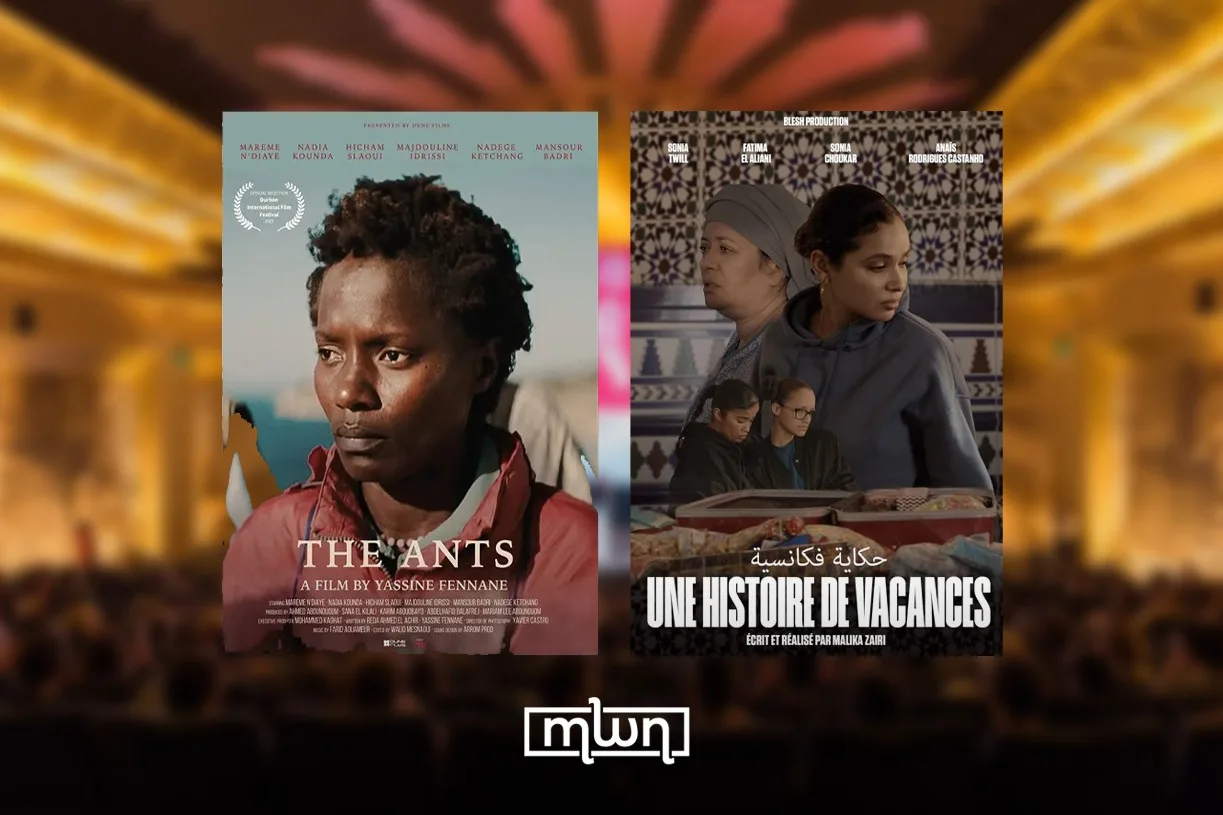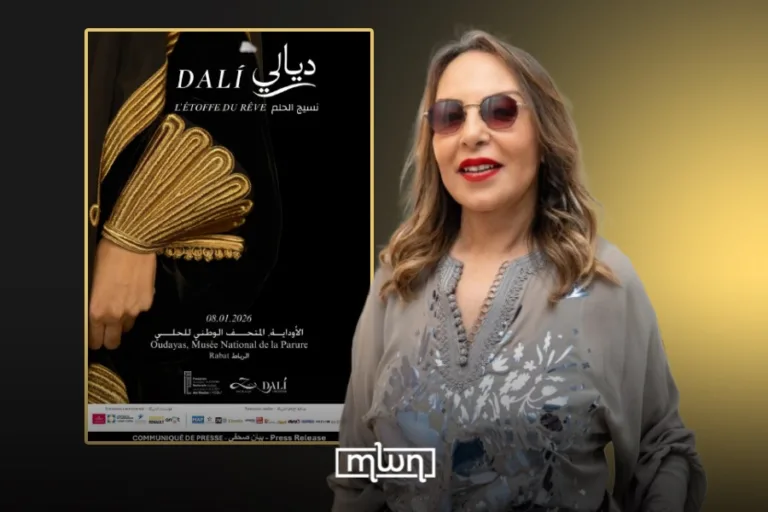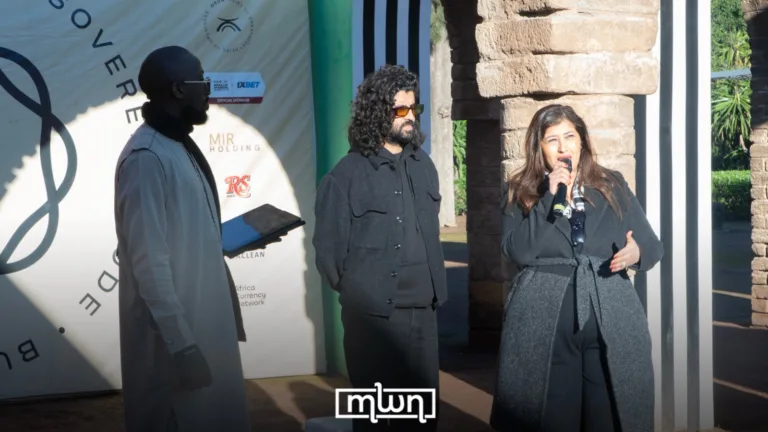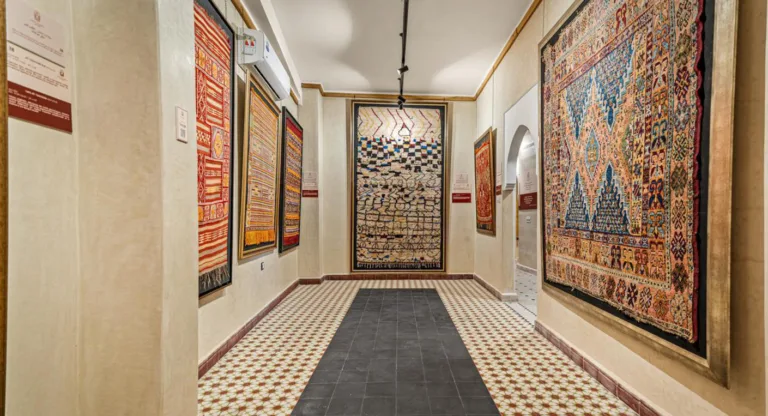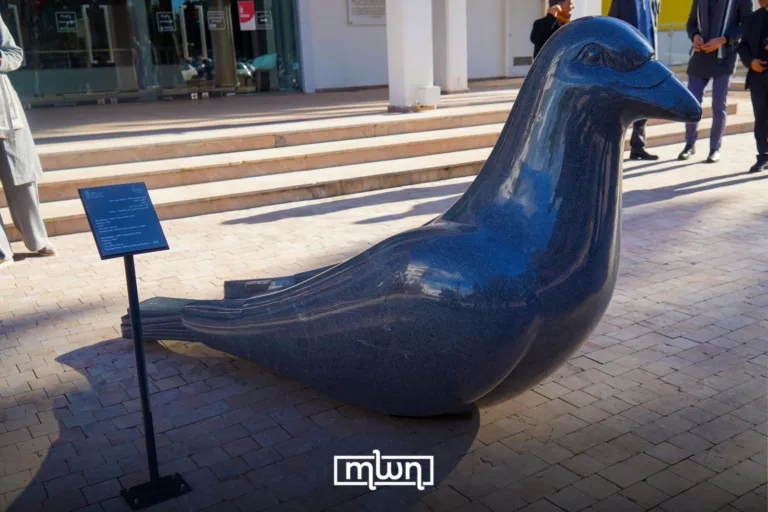Fez – “Les Fourmis” (The Ants) by Yassine Fennane competed among feature films, while Malika Zairi’s “Une Histoire de vacances” (A Holiday Story) screened in the shorts program.
Shown to a packed house, “Les Fourmis” (90 minutes) unfolds in Tangier through three intersecting lives: Félicité, a Cameroonian migrant determined to honor a friend who has died; Hamid, a father balancing family duty and private ambitions; and Kenza, a young woman from a privileged background seeking independence.
The narrative knits together themes of poverty, migration, aspiration, and disenchantment to paint a grounded portrait of the northern port city. Executive producers Mariam and Ahmed Abounouom presented the film, noting its busy festival calendar after stops in Durban and Paris, with upcoming screenings planned in London, New York, Nairobi, and Kinshasa.
“Une Histoire de vacances” shifts the lens to a diaspora family wrestling with identity and generation gaps. As the El Badiris prepare for summer in Marrakech, the daughters refuse to go, pushing their mother into an unexpected crisis. Zairi’s short uses a compact setup to probe belonging, cultural expectation, and the quiet politics of home, earning a slot in the official shorts competition.
Festival organizers underlined the growing consistency and range of Moroccan output, highlighting the mix of first-time and established voices now traveling across European and African circuits. Industry figures point to stronger training pipelines and targeted support as drivers of this momentum, alongside Morocco’s rising appeal as a location for international productions.
The Brussels event, held from October 28 to November 1, positions itself as a bridge between African and European cinemas, with itinerant programming that extends beyond Belgium to partner cities on the continent. For Moroccan teams, the platform offers both visibility and market access, connecting films to programmers, buyers, and press ahead of winter release windows.
Awards are set to be announced at the close of the festival. Regardless of the final tally, the Brussels selections add to a year of high-profile festival appearances for Moroccan cinema and keep attention on stories rooted in the country’s social realities and global links.

